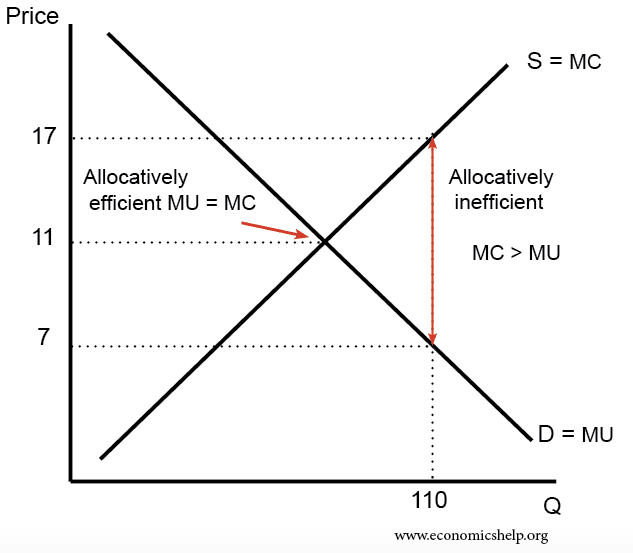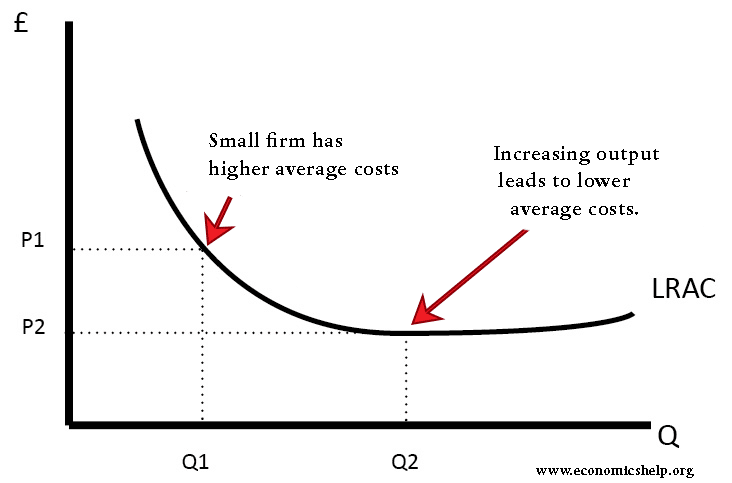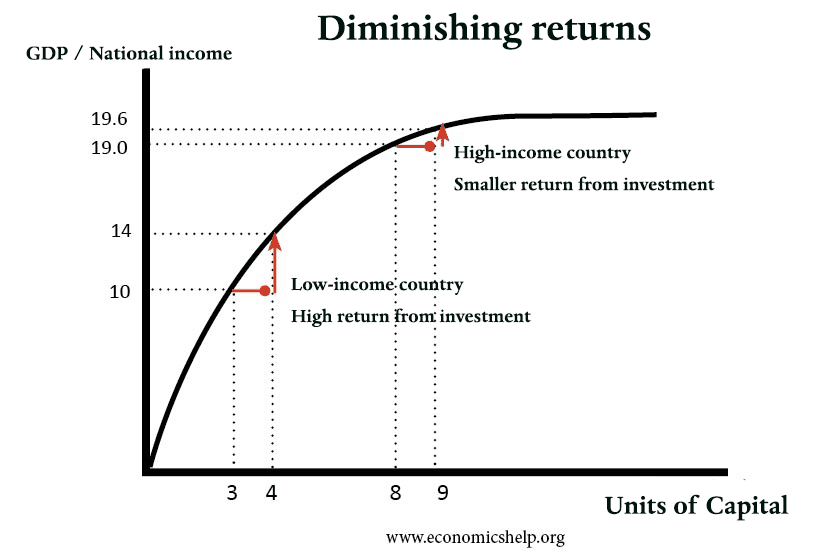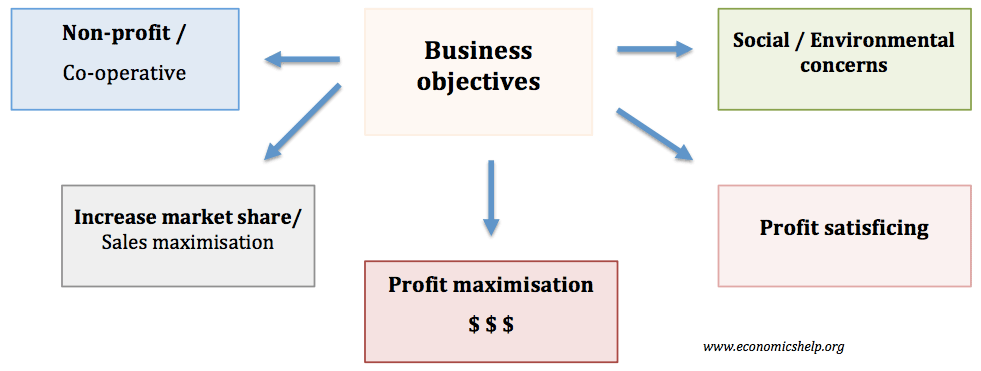Productive vs allocative efficiency
Summary: Productive efficiency is concerned with the optimal method of producing goods; producing goods at the lowest cost. Allocative efficiency is concerned with the optimal distribution of goods and services. Example: An economy could be productively efficient in producing large numbers of boots – but if they were all for the left foot, it would …





